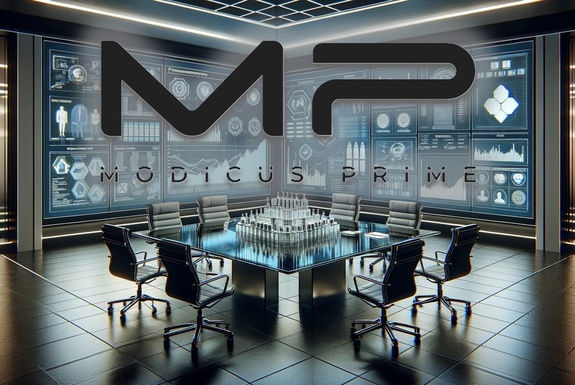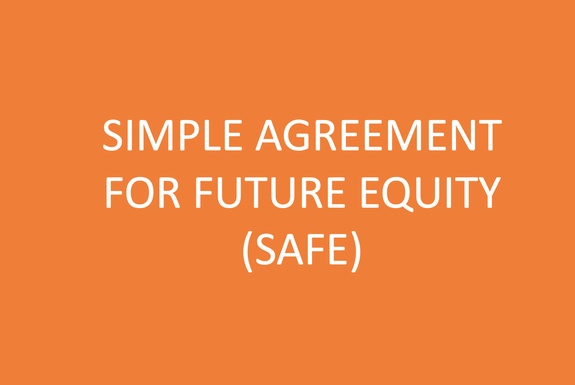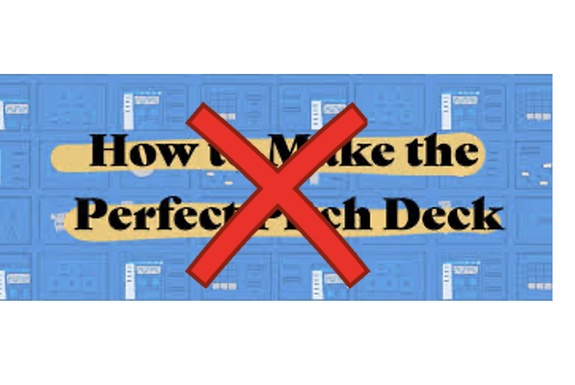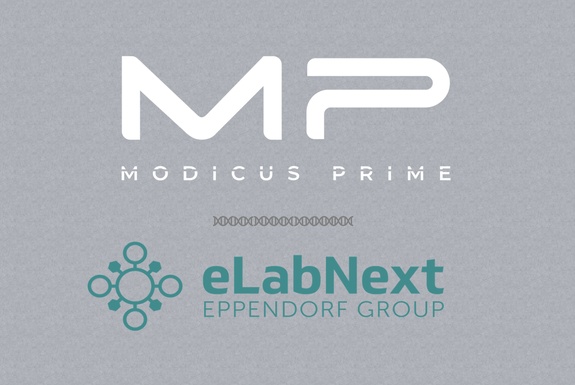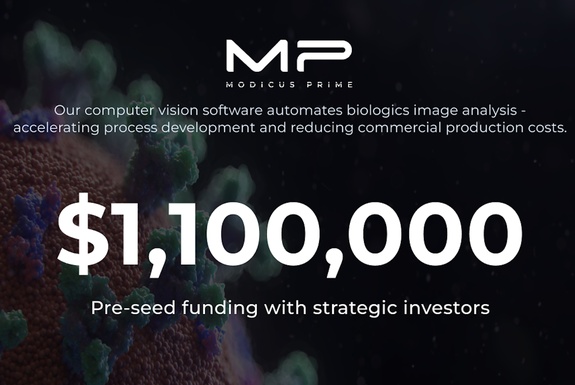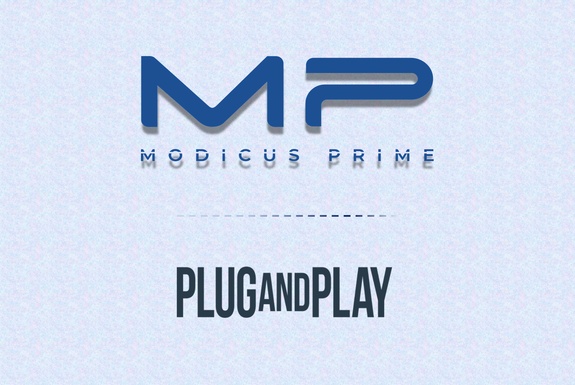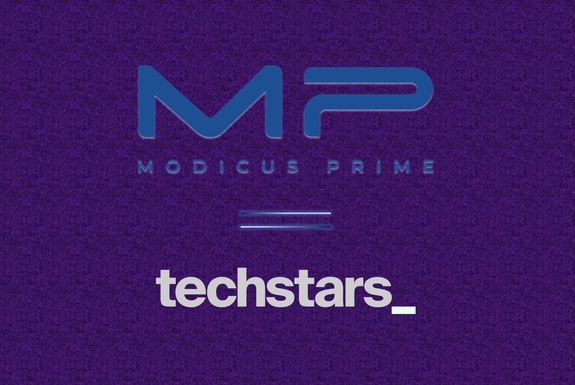
Spotting the Red Flags – Choosing Investor Allies
In the early stages of relationships, one learns very quickly not to ignore so-called red flags. Although the bombardment of daily text messages – “Hey, what are you up to?” - might initially seem like they really, really care, or their relentless chatting to colleagues about you – “Can you tell me more about what they’re like?” – initially seems like they’re just trying to get to know you better, these signs can be harbingers for what is to come: a rocky relationship wrought with trust issues, insecurities, and the like. Eventually over time, your red flag radar becomes a highly tuned machine. The same can be said for the relationships founders build to last longer than the average marriage: their relationships with investors.
There are a few red and green flags to watch out for from investors. The top flags listed below are offered from the perspective of an early-stage startup founder by day and newly-minted venture analyst by night:
Top Red Flags for Early-Stage Startup Founders to Recognize in Prospective Investors
1. The Disney Investors: ‘Show Me Your 30-Year Projections’ – As a founder, when you are raising a pre-seed round with an MVP and a handful of LOI’s, the last thing on your mind is directing a Disney film about ‘living happily ever after’ with your first investors. And that is precisely what early-stage investors are requesting if they obsess over a 10-year financial forecast for your pre-seed stage, pre-revenue startup. On a first date as a teenager, you wouldn’t want to be scrutinized for your ten-year plan and how much money you’ll be making, either. Founders iterate constantly over their financial models in the early days.
All models are wrong, but the most wrong are pre-seed financial models.
You want to partner with early-stage investors who understand the nature of pre-seed financials and will help you model your vision for 5 years (ideally less). Investors who do not know this are either not as sophisticated or are huge Disney fans.
2. The Gaslighting Investors: ‘I Am Disappointed in You’ – Manipulation, anyone? Unfortunately, sometimes relationships become toxic. And when one party comes to this realization, the other party may try to convince you otherwise…desperately, if there is a term sheet on the line. But please, try as hard as you can to NOT WAIT until a VC offers you a term sheet before you decide whether they’d be reciprocal partners – it is as if they got down on one knee and you rejected them, publicly. The signs to watch out for before a term sheet is ‘proposed’ include the following: do they speak to you as an equal, or an inferior? Do they question your values and integrity by making false assumptions about you, your team, or your customers? Do they question your leadership ability? Founders do not have the time of day to bring ‘non-believers’ into their investor community – startups are already hard! Constructive feedback and expert guidance is welcome, not gaslighting. A toxic culture is debilitating in any capacity, especially when it is with your investors.
3. The Teach-Me Investors: ‘Add the Abbreviation PhD to My Name After Due Diligence’ – Continuous learning is a powerful aspect to the growth mindset. But investors should not expect you to design an academic curriculum for them to understand your product and field. Yes, the product you are building may be novel, and perhaps you are creating an entirely new market – there is definitely knowledge transfer involved. But if you are offering a hardware solution for space exploration, and you are speaking to a B2B SaaS investor, then things might not work out. Always be aware of your audience and make sure you both have common context – otherwise you risk spending enormous efforts and many hours on generating educational content that most likely, at the end of the day, won’t be enough to convince the investor to invest.
So how would one go about choosing the right investment partners? If we return to our dating example, what are indicators of compatibility? Shared interests, common mindsets – for founders, this sounds a lot like fellow entrepreneurs, and that is exactly where we begin in our list of investor green flags.
Top Green Flags for Early-Stage Startup Founders to Recognize in Prospective Investors
1. The Former Founder Investors: “Let’s do that again!” - The most relatable investors are typically former entrepreneurs who have exited or gone public. Like you, they understand the underlying risks and common challenges that founders face. Instead of speaking from a purely institutional or consulting perspective, investors who were former founders understand the nuances of pre-seed startups – doing things that don’t necessarily scale – and they can be the most invaluable partners. Working with an investor who has built a successful company themselves is like adding an accelerant to your company’s growth.
2. The Social Butterfly Investors: “I know a lot of people who can help” – As I always say: communities build companies, not founders. The best investors introduce you to other potential customers during their due diligence, offering a win-win for both the startup and the firm. Great investors are excited by what you are building and are cheering you on. Just like a healthy relationship, partners introduce one another to each other’s social circles. These social circles often include other investors who may commonly syndicate with your prospective investor. In addition, many firms have extensive mentor networks that founders can tap into when needed. All these resources are part of the ‘capital’ in venture capital – they are the true value-adds that differentiates the good investors from the bad and the ugly.
3. The Mask-Off Investors: “We’re all just people here building exceptional products” – The final indicator of a fantastic investor is their authenticity during their dialogues with you. Do they speak with you using financial jargon as if they’re speaking an entirely different language? Are they constantly pelting you with questions like an interrogation? Conversations with investors should feel comfortable, and, in most cases, have a casual tone. Formalities are not at the forefront of the discussions. Dialogues should feel like a natural exchange of information, and if there is a spark, further dating will follow in the form of due diligence. But in every step of the process - just as in an early-stage relationship - both parties should feel a sense of ease, mutual respect, and excitement for the possibilities to come.

